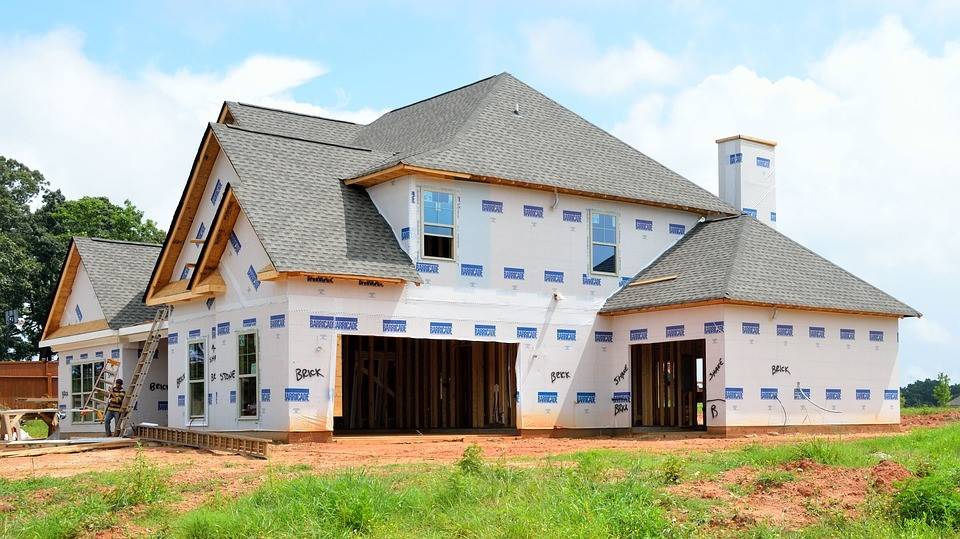

Subdivisions, Property Owners Associations (POAs), and Home Owners Associations (HOAs) exist for many reasons, whether a neighborhood is trying to maintain property value, safety, or uniformity. If you’re moving or working in one of these areas, here are a few examples of what type of restrictions are placed on everything from your shrubs to your satellite dish.
The Legal Stuff – Bill of Assurance
Also known as covenants, conditions, and restrictions, a bill of assurance is typically filed by a developer of residential subdivisions that defines what homeowners in that subdivision can and can’t do with their property. The subdivision may have an architectural control committee that approves the designs of residential structures and landscaping. There may be minimum and maximum requirements and restrictions for the size of houses. Or there may be restrictions on the number of stories that a house may have, or the height of the house. Minimum requirements for the size, usually expressed in terms of square footage, are also common. There could be restrictions on the distance between the house and a lot line. An example of this would be a bill of assurance that states residents may not be within 20 feet of the lot line, and similar requirements may well set distance requirements that vary from the front of the house, to the back of the house, to the sides of the house.
Ongoing Restrictions After Development
Other general or specific terms and restrictions generally remain in place that effect the homeowner and all subsequent owners. Everything from lawn maintenance, to the position of the trashcan, to the function of the house can be laid out specifically in the bill of assurance to maintain the property to the subdivisions’ standards.
For example, one Little Rock subdivision has the following restrictions: no clearing or harvesting of trees, no animal waste except in fertilization purposes, no building material on any property at any time, except when for approved construction (which must be promptly commenced and finished), no clothes lines, exterior lighting must be approved, satellite dishes must be approved, lawns must be mowed, trees and shrubs pruned, yards watered, and all damage to houses and fences must be promptly repaired. And failure to pay POA dues could result in a lien on your property.
A bill of assurance that restricts the use of property to residential use only may be violated when someone rents their house out. Sometimes the court works against them, saying that they’ve changed their house from a residential to a commercial use; sometimes it’s for, because the property is still being used for residential purposes.
These are restrictions that are commonly found in bills of assurance used today in Arkansas. People may know about these restrictions but may not know where they come from or where they can be found. If you want a copy of a bill of assurance, it can be found on file at the local courthouse.